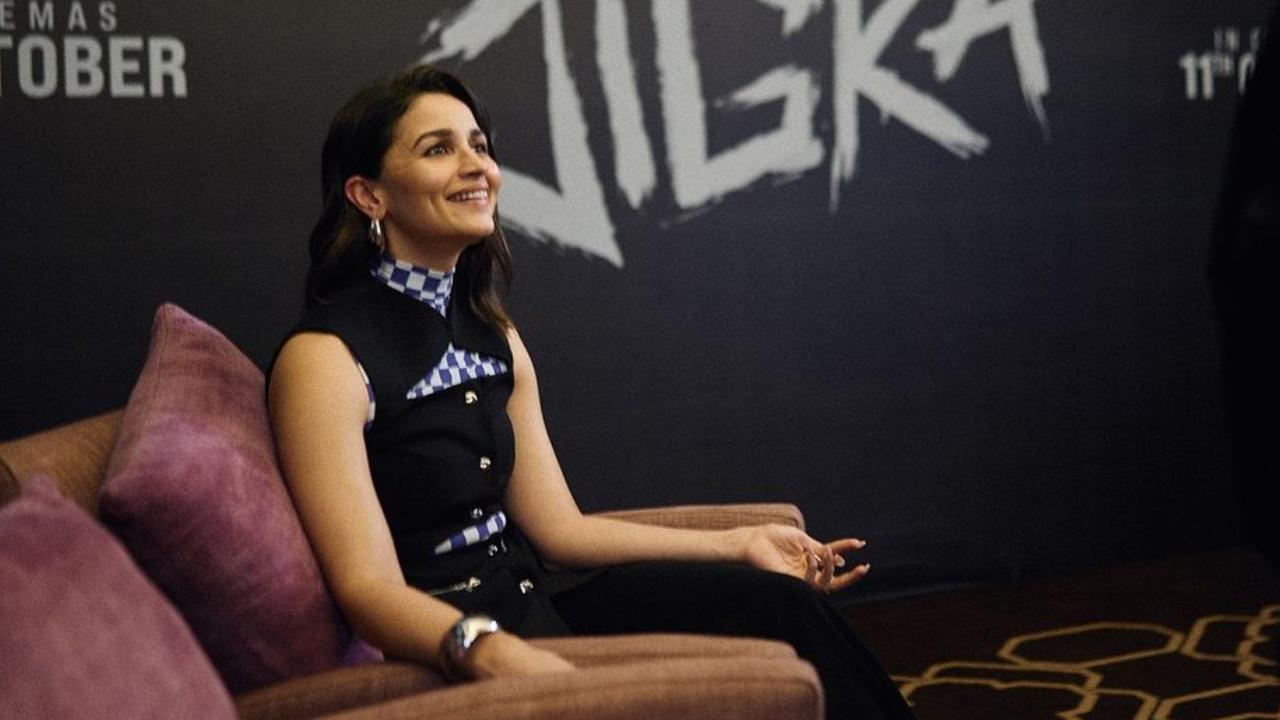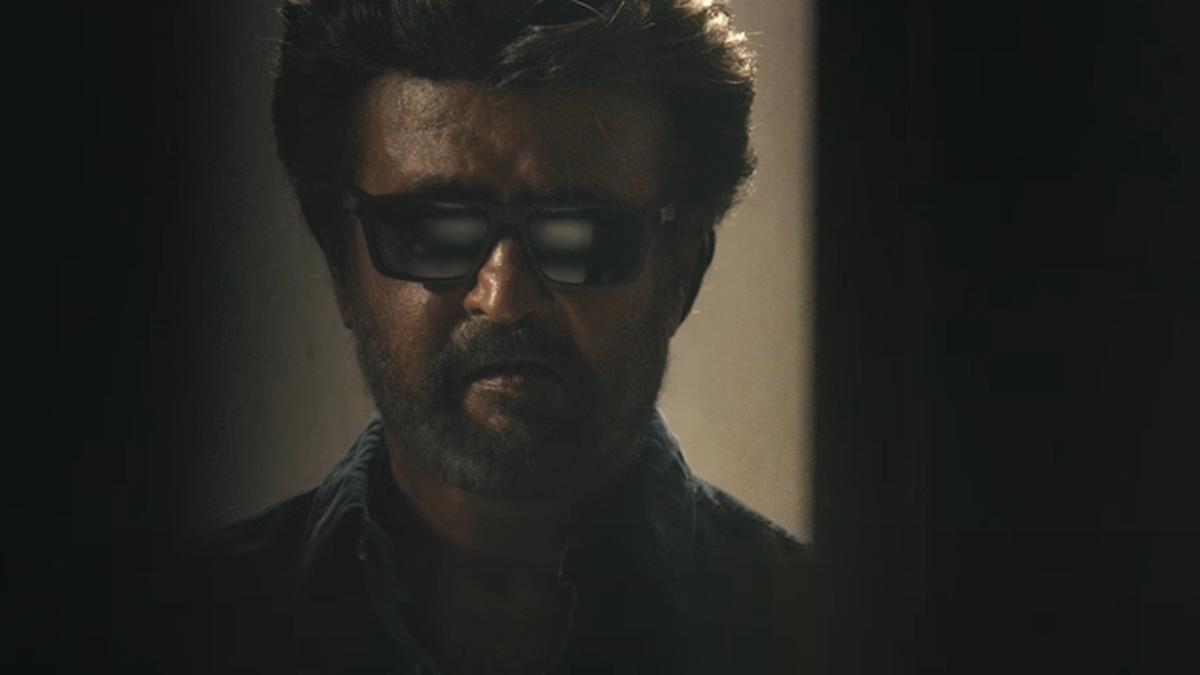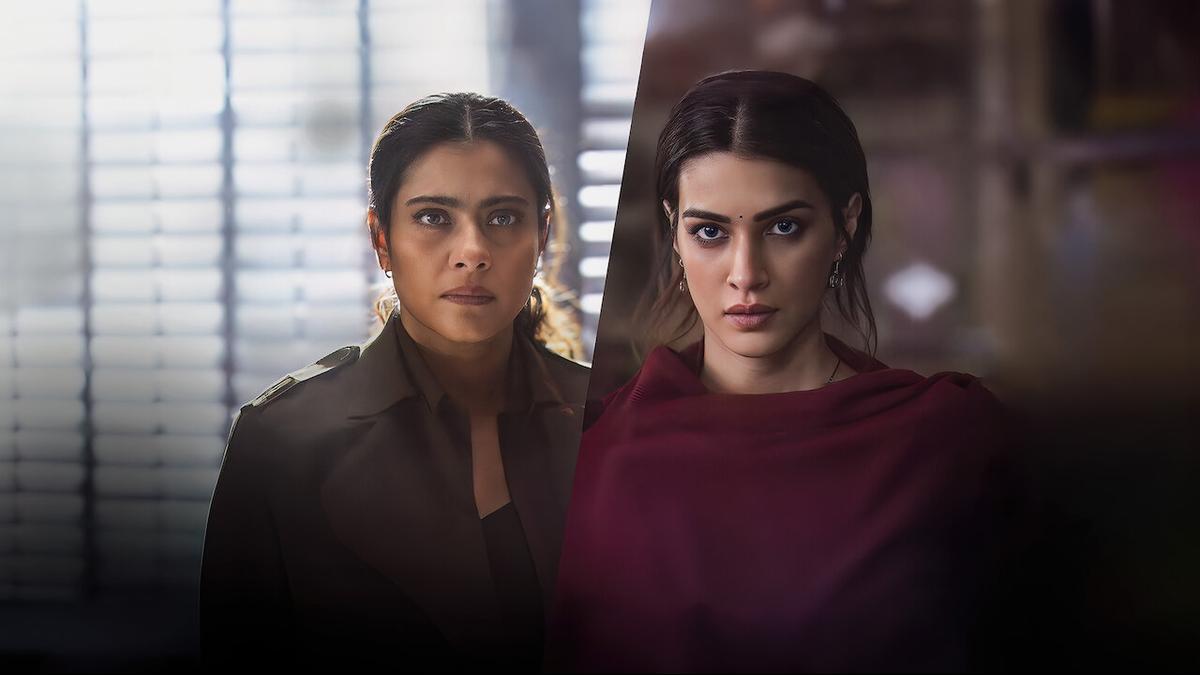
Renowned Hollywood writer-director Paul Schrader recently took a bold stance against the much-anticipated sequel, “Joker: Folie à Deux,” describing it as a decidedly lackluster musical. Schrader, widely acclaimed for his screenplay of the legendary film “Taxi Driver,” candidly shared his disappointment with the sequel during an interview, stating that he could hardly endure more than 20 minutes of it.
The sequel, featuring celebrated actors Joaquin Phoenix and Lady Gaga, and directed by Todd Phillips, aimed to capture the same dark magic that made its predecessor a massive box office success. The original “Joker” film not only grossed over USD 1 billion worldwide but also won Phoenix an Academy Award for Best Actor. However, despite the excitement surrounding “Joker: Folie à Deux,” early reviews have been predominantly negative, even suggesting that the film may incur losses amounting to USD 150 million to USD 200 million at the box office, as reported by Variety.
In an illuminating conversation with Jeremy O. Harris for Interview magazine, Schrader was asked about his recent viewing experiences. “I try to keep up with what’s new; I go to the multiplex,” Schrader began. “I saw ‘Joker: Folie à Deux.’ I watched about 10 or 15 minutes before leaving to buy something. I returned to see another 10 minutes, and that was quite enough for me.” Such a swift judgment from a veteran filmmaker drew curiosity from Harris, who inquired about Schrader’s opinion on the musical aspects of the film.
Harris expressed his own fondness for musicals, prompting Schrader to deliver his verdict more sharply: “Well, that’s what Joker is, kind of. It’s a really bad musical.” Pressed further on what rendered the film so disappointing in his eyes, Schrader was very clear and upfront. “I don’t like either of those people.
. I don’t like them as actors, nor as characters,” he stated bluntly. “And frankly, if they showed up at my house, I’d probably slip out the back door.”
Schrader’s comments have added fuel to an already heated discourse surrounding the film. The immense anticipation for “Joker: Folie à Deux” can be attributed to the astounding financial success and critical acclaim that the first installment of the franchise received. Many had high hopes for the continuation of Arthur Fleck’s harrowing story amid the chaos of Gotham City, yet early screenings, notably at the Venice Film Festival, have been less than kind.
The film’s initial opening garnered a modest USD 37 million, starkly contrasting with expectations set by its predecessor’s astronomical success. This lackluster performance at the box office further compounds the challenges facing “Joker: Folie à Deux,” which aimed to explore more profound psychological and societal themes through its cast’s performances and musical storytelling approach.
Schrader’s unexpected vocal criticism, especially given his indirect connection to the franchise’s thematic inspiration, has sparked widespread discussion within the industry. His film “Taxi Driver,” carrying parallels to some of the darker elements portrayed in “Joker,” served in many ways as a muse for the initial interpretation of the Joker character by Phillips and Phoenix. This connection makes Schrader’s dismissal of the sequel even more impactful, separating his artistic legacy from the current iteration’s narrative trajectory.
Despite the initial promise brought by the collaboration of Phoenix and Lady Gaga, both celebrated for their artistic prowess, “Joker: Folie à Deux” has yet to imprint the cultural or critical resonance that its creators might have hoped for. As the film continues its endeavor at international box offices, the impact of influential voices like Schrader’s remains to be seen.
The release of “Joker: Folie à Deux” reveals a deeper insight into the polarizing dynamics of Hollywood’s sequel culture. While some may appreciate the bold artistic directions taken, others, like Schrader, demand narratives and performances that are both impactful and seamless. As the conversation unfolds, it reinforces the audience and critics’ essential roles in shaping the legacies of such films in an ever-evolving cinematic landscape.










